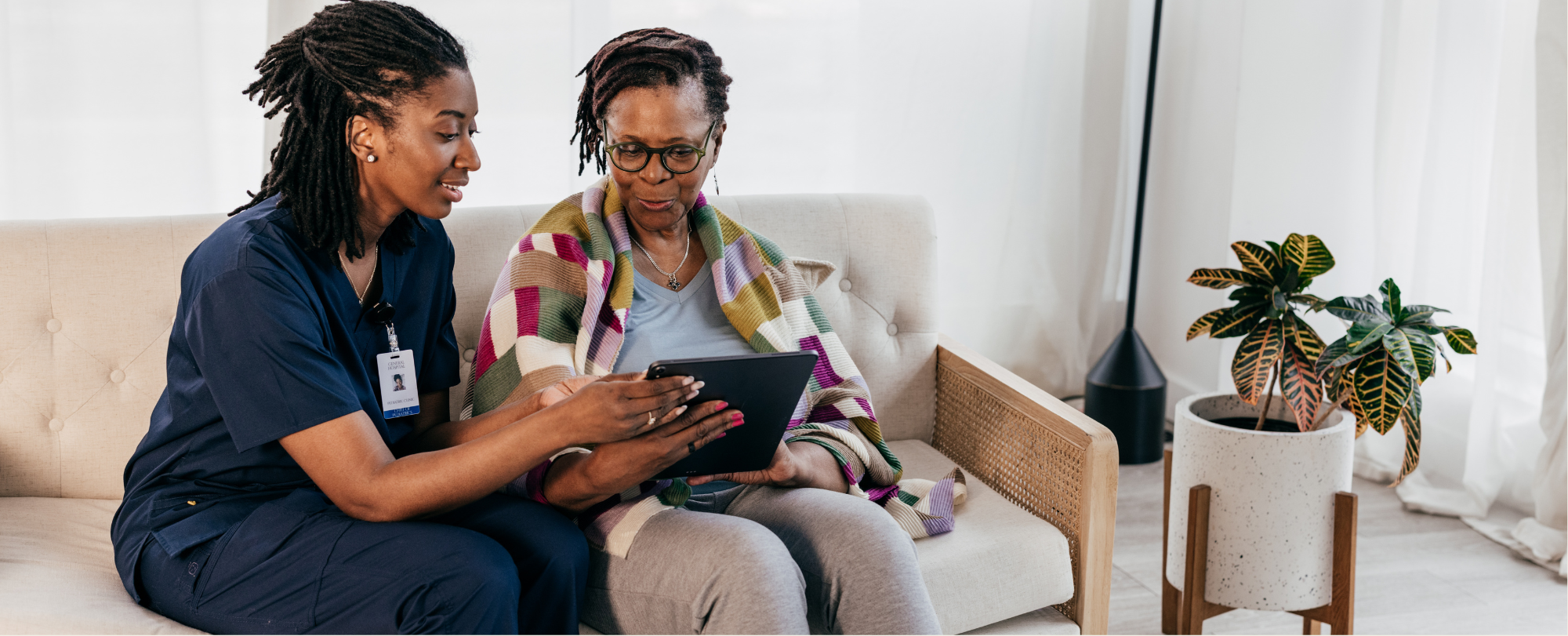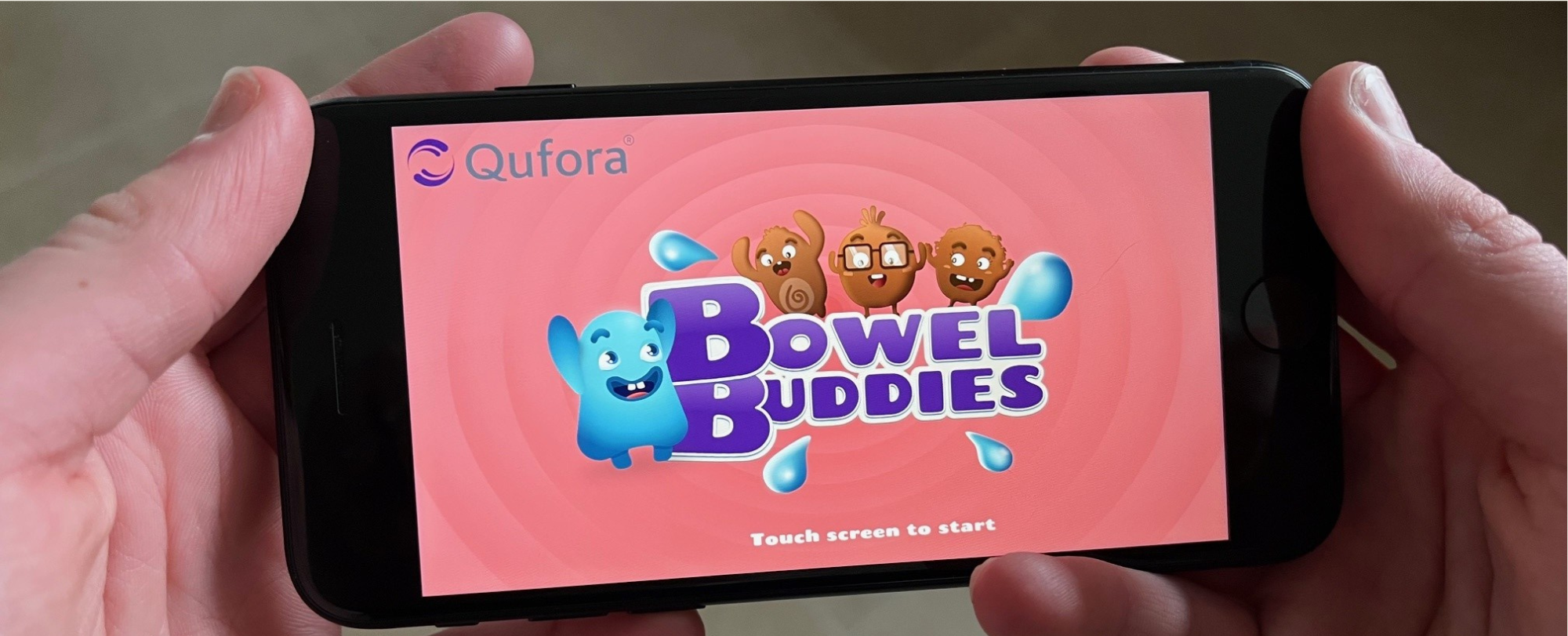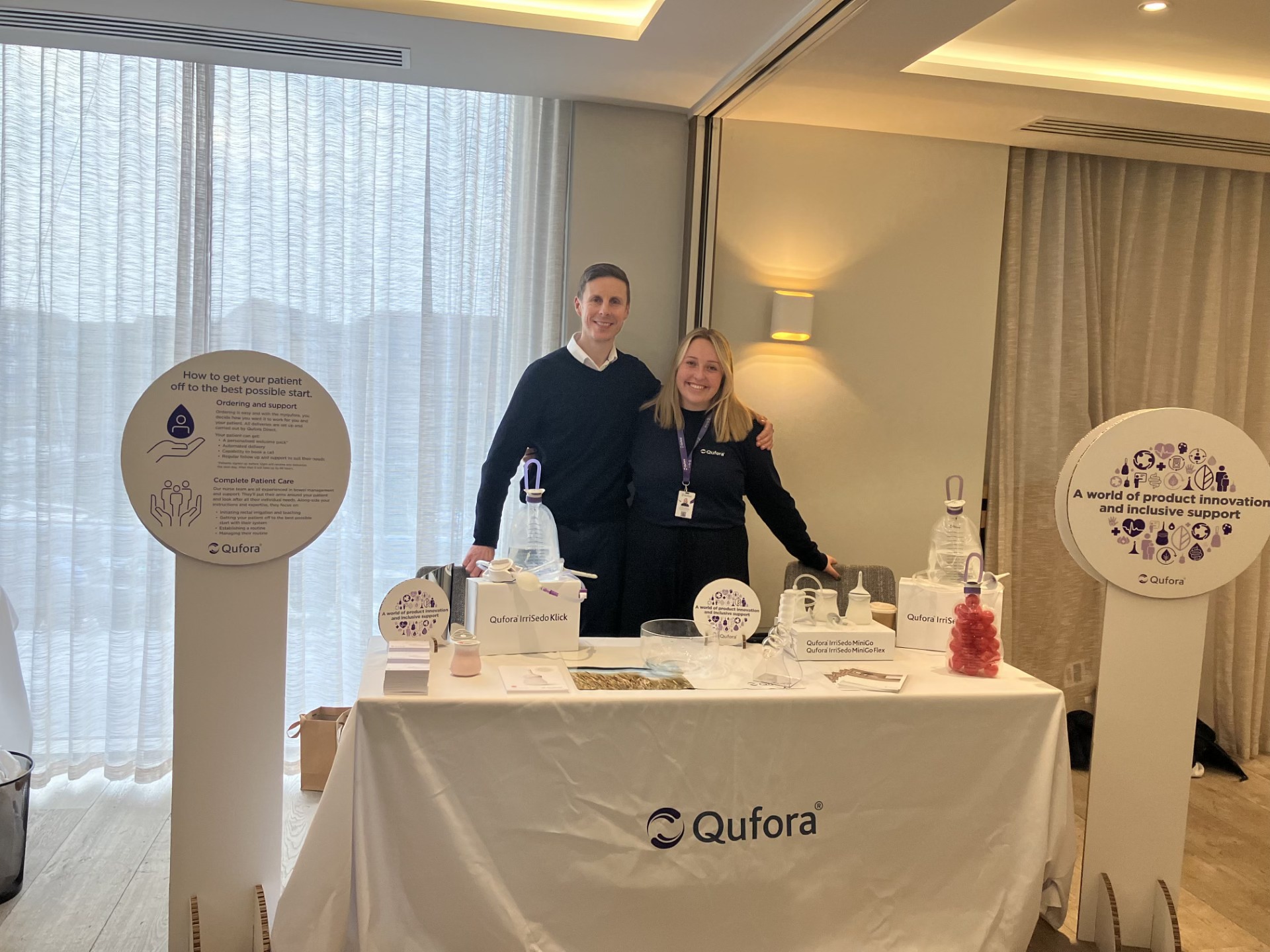Professor Anton Emannuel, Consultant Neuro-Gastroenterologist
In May 2022, we met with Professor Anton Emannuel, Consultant Neuro-Gastroenterologist at the University College London Hospital, to discuss what the future could hold for high volume irrigation. Here is what he had to say.
There’s a good deal of change in the 15 years we’ve had systems available to us. That change is primarily related to the application of the technology rather than necessarily big changes in the technology, in my view. What becomes clear is when, like any therapy, once it becomes embedded in clinical practice, two things emerge:
- The patient groups who aren’t being treated who, in theory, should be from the research. The research says this treatment works for this patient group; well, why does it work for all of them? So, how do we help those patients we are missing?
- Changes in technology. If it’s a drug, you get new variants in the drug, and with irrigation, you get improvements on it.
Hopefully, those two things coalesce – the improvements in technology that occur as part of scientific evolution overlap with the needs of patients.
I think what is clear is that irrigation has helped a discrete group of patients. The scientists told us that if you’re lucky enough to be a responder, you seem to stay responsive and won’t accumulate side effects, so that’s a great relief. We’ve got 50-60% of treated patients who respond and seem to stay responsive in the long term (12/13 years into their treatment), so that’s great.
But we also know that a quarter to a third of patients don’t respond, and they can be picked up very early on. In the first few months, we recognise the patients we try and manipulate.
So, the future, I think, is partly what improvements can we make to improve that pickup. So how, instead of having a 30% drop off in the first three months, can we make it a smaller number? Is that by better patient selection? Well, that’s not technology, but it is part of the evolution of the science of how do we as clinicians learn who not to offer this therapy to because it’ll never work for them, rather than just saying all patients with ‘x’ or ‘y’.
The second part is where the technology comes into it. By saying people are dropping out because they get problems with leakage, side effects, lack of response or are not non-compliance, you’re not getting any feedback. So, I think the future will develop into, say, ‘how do we understand initial treatment failures better to keep people on?’ Part of that, and the final bit of the future for me, is then about developing things which are more bespoke.
So, in the same way, that we wouldn’t necessarily expect to have just one kind of acid suppressant for reflux, we shouldn’t necessarily expect that to be one kind of irrigation system for all patients. In fact, probably even more so than with drugs. We’re asking patients to go through a kind of mental process of how they do something to their body, especially an intimate part of their body, so how do we make this thing look more personal and feel more like their system, rather than this thing I must do.
Then, how do we recognise that patients have different body shapes, different ways that their toilets are accessed, other aspects of their underlying condition with their hand function or whatever else. How do we adapt technology to allow patients who could respond when we do it to them as healthcare professionals to do it themselves?
So, for me, those are the sorts of broad areas:
- Try to understand initial treatment failures.
- Trying to develop technology which helps people customise their irrigation.
- Try to keep people who get onto treatment on treatment longer if their condition progresses so that they can maintain independence and quality of life.







